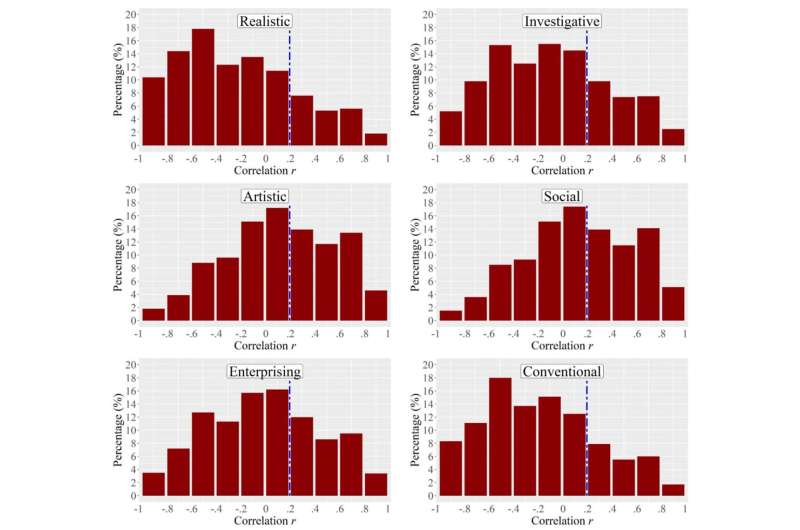A groundbreaking study from Michigan State University reveals significant discrepancies between individuals’ career interests and the demands of the U.S. job market. These disparities highlight unmet interests among workers, shedding light on the prevalence of unfulfilling jobs in the country.
Published in the prestigious Journal of Business and Psychology, this study pioneers the examination of labor gaps through the lens of career interests rather than traditional skills or knowledge assessments. Analyzing a vast dataset of 1.21 million Americans alongside national employment statistics, the research uncovers crucial insights into the mismatch between personal interests and job requirements.
Lead author Kevin Hoff, an assistant professor at MSU’s Department of Psychology, emphasizes the importance of interest alignment in enhancing job performance and overall satisfaction. The findings underscore the untapped potential of many individuals to thrive in their professional endeavors.
The study identifies “artistic” inclinations as the most prevalent among individuals, yet significantly underrepresented in available job opportunities, comprising only 2% of the market. Conversely, “conventional” or detail-oriented roles, despite being less favored by individuals, exhibit high demand in the labor market.
Notably, interest gaps are more pronounced among individuals with lower education levels, suggesting that advanced education can facilitate better alignment between personal interests and job prospects.
Hoff stresses the pivotal role of interests in driving skill development and success in the workforce, advocating for increased awareness of labor market demands during career assessments to empower individuals in making informed career choices.
2024-05-10 12:00:02
Link from phys.org
